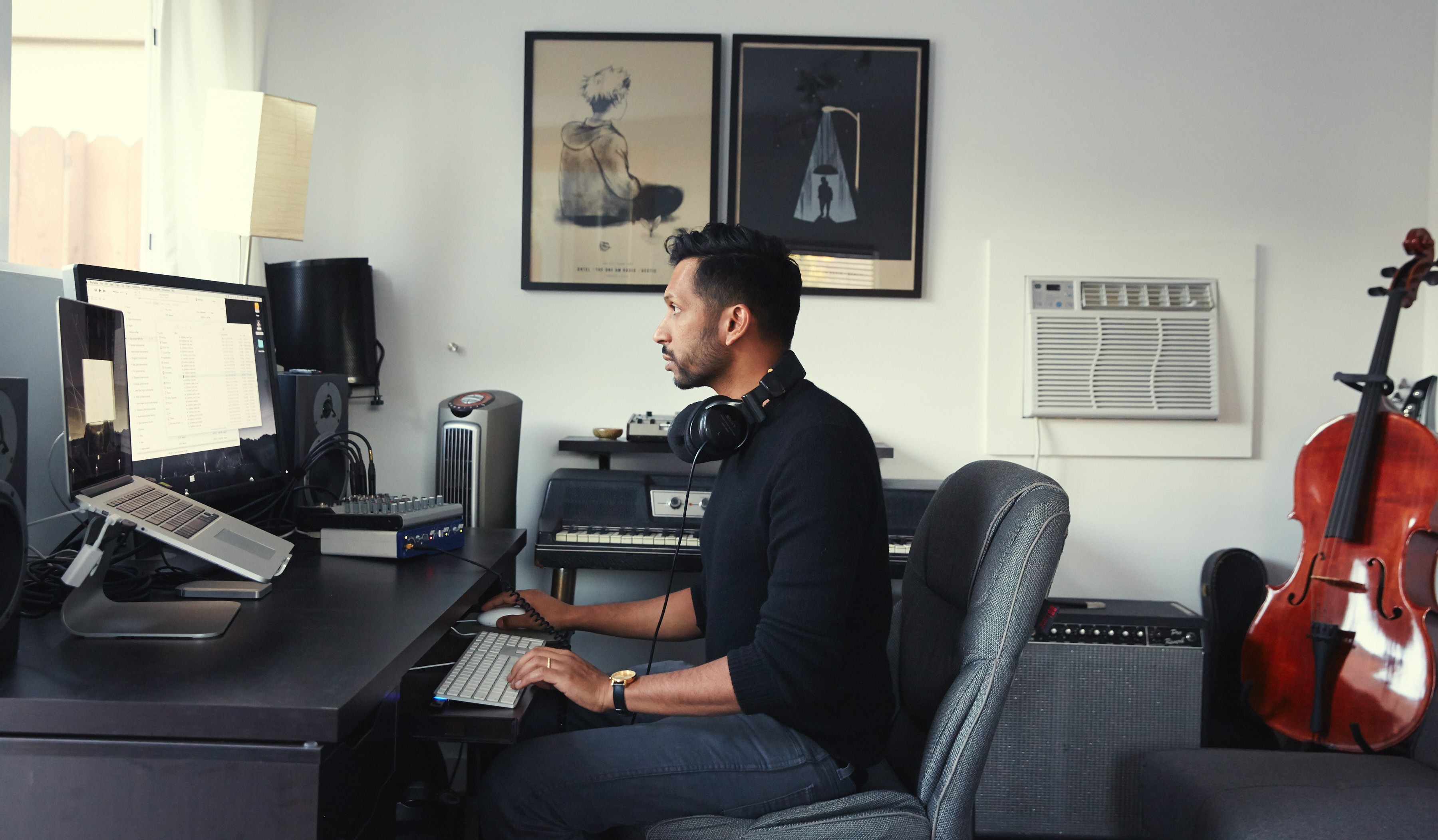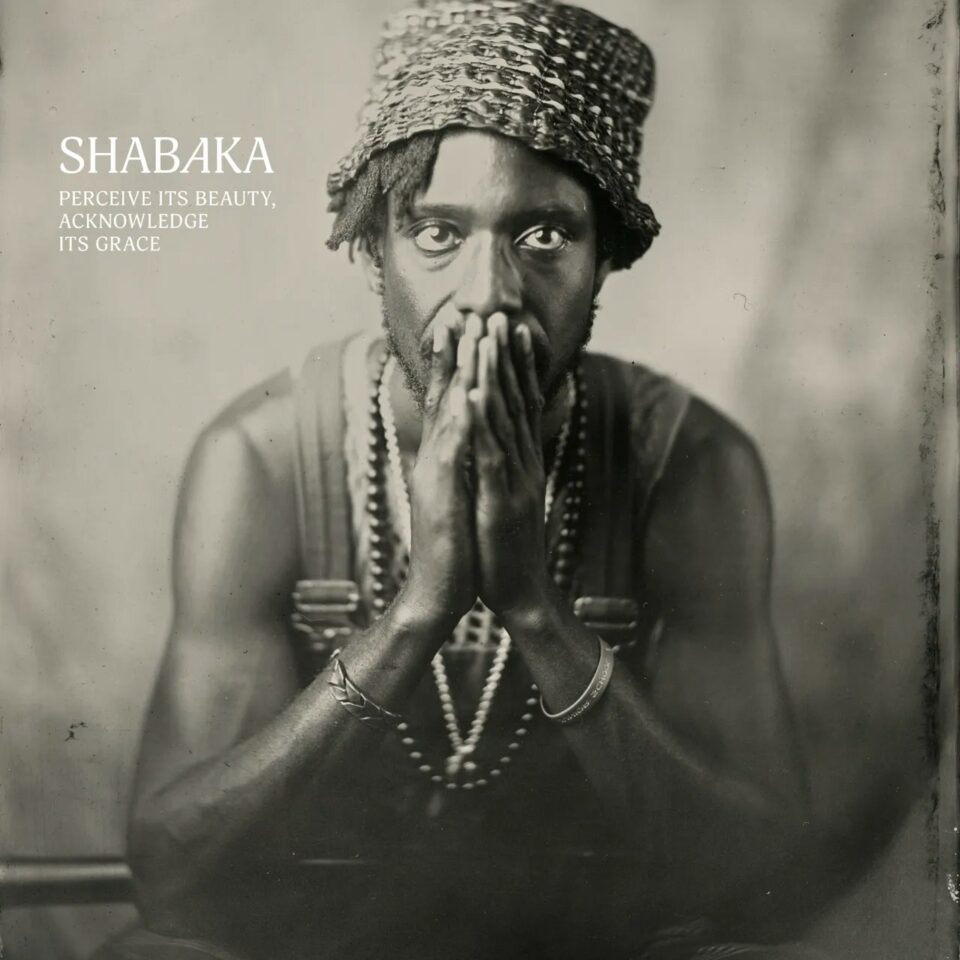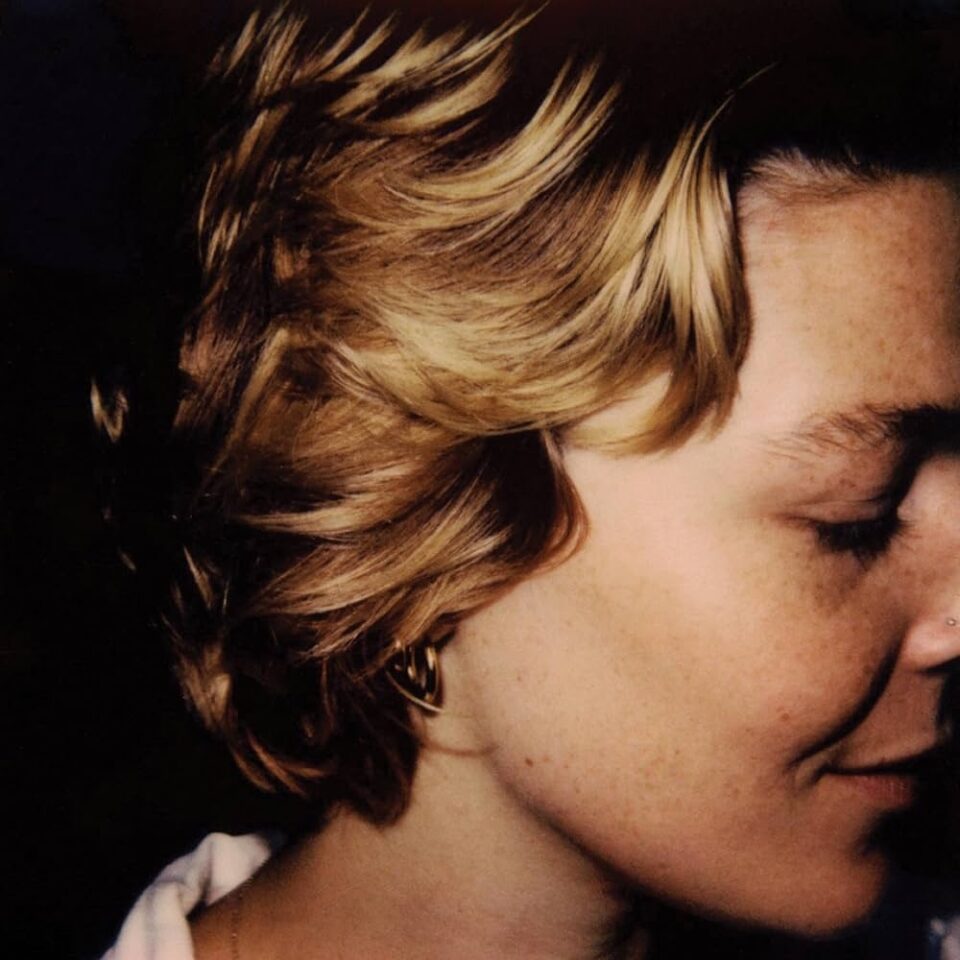Hrishikesh Hirway has a uniquely intimate relationship with the process of songwriting, from initial idea to finished composition, with all the mistakes, edits, and iterations in between. “There’s so much work that goes into a single song,” says Hirway, sitting in his LA home located in the northeast neighborhood of Eagle Rock. It’s here that Hirway has spent the past several years recording and producing his massively successful podcast Song Exploder, a one-of-a-kind series that deconstructs a single piece of music, not only presenting listeners with background into a track’s inspiration and development through artist interviews, but also showcasing the work’s individual stems, often featuring the isolated instrumentation and vocal tracks that comprise the production’s completed mix.
Speaking with a multitude of popular artists—including Solange, Metallica, Spoon, The National, My Morning Jacket, U2, Best Coast, Wilco, The Magnetic Fields, Courtney Barnett, Iggy Pop, Weezer, Chvrches, Grimes, Death Cab for Cutie, and even film and television composers such as Ramin Djawadi and Justin Hurwitz—Hirway last week achieved the milestone of his 100th episode, an occasion even he acknowledges is a far cry from what he expected when, for the show’s first broadcast, he reached out to his friend Jimmy Tamborello to talk about The Postal Service’s “The District Sleeps Alone Tonight.” As a professional musician and composer himself, Hirway says when it comes to working on Song Exploder, “The closest it feels [to my work] is the mode I would be in when I do remixes, where I try to construct something out of [raw material] that honors something about that work, while also trying to find something new and reveal something in it.”
Here, Hirway tells us how the show made it to episode 100.
Looking back, what have you learned over these hundred episodes?
Let me put it this way: For a long time I think I made music in a way that was a little bit like a placeholder, where I felt like, “This is how I make music now, but someday I’m going to learn to get better and make music the right way.” And doing the show has kind of helped dismantle that for me. It’s been really nice to see just how many different ways of making music there are, and how the results are totally different.
But also I’ve learned how the caliber of the song isn’t related to how it’s made at all. The way that a song gets made informs what the song is and what it sounds like, but it’s not like if you have a crazy way of making a song, you’re necessarily going to end up with a crazy-sounding song, or if you make really conventional choices you’re going to end up with a really conventional song—or if you record in a way that’s “unprofessional” you’ll end up with a song that doesn’t sound professional. It’s something I knew, but doing the show has reinforced it in a way and made it three-dimensional.
How has your perspective of music changed?
I don’t know if this is perspective, but because of the show I listen to so much outside of my normal tastes. I think I have pretty broad tastes. They’re not crazy, but doing the show has made me actively try to find music outside of what I would listen to personally. And it’s actually been quite nice to try and listen for their value and think about what makes them great even if they’re superficially not something I would have listened to.
This whole idea of peeking behind the curtain of how the bits of all these interconnected parts come together must always be very interesting for you.
“It’s not like if you have a crazy way of making a song, you’re necessarily going to end up with a crazy-sounding song.”
Yeah, it’s the kind of conversations I was having anyway as a working musician myself. Carl Newman from The New Pornographers did an episode with me last year and he was a little bit worried beforehand. He was like, “I don’t know how much there is to talk about with this song.” We had an hour at this event at WNYC. It was a live taping and I was like, “Trust me, it’ll be absolutely fine.” So we ended up doing it and it went really well and the time went quickly, and afterwards he was like, “Oh I get it now. It feels like those conversations you have at three in the morning in the back of the van.” I hadn’t articulated it that way, but it’s exactly that. That’s what it came out of and what I hope it feels like when people are listening.
What surprises you when artists do such deep dives into their own creative process?
The actual material of what gets uncovered is always surprising to me. And what ends up being the most surprising thing varies from episode to episode, but what isn’t variable is whether I get surprised; there’s always something that ends up being neat. Even sometimes the biggest revelation to me, and a big inspiration for doing the show in the first place, is just what the sound of each stem is on its own. Sometimes the stories and stuff are great, but it’s like, “Oh, if I solo this part, it turns out there’s this incredibly beautiful, detailed, rich track here that I never paid attention to because it was mixed in with all these other elements.” And that ends up being really fun. But then there are stories about what the process was, either from a technical point of view or what they drew their inspiration from. There’s never been an episode that’s gone by where I’ve been like, “Yep, that’s exactly what I expected.”
What has been one of the more revelatory of these surprises you’ve encountered?
The first that I think of is when I talked to Nick Zammuto of The Books. The Books were the kind of band that inspired my making the show to begin with because when they were around I was a huge fan, and I remember seeing them and feeling like it was the best concert I’d ever seen in my life. I found their music both beautiful and exciting, and also completely mysterious, and I had no idea how they made their songs. I couldn’t even figure out what their intentions were to get what they came out with. That was so cool and exciting, and I remember reading an interview with them about how, to get this bass drum sound, they had put a microphone inside one end of a filing cabinet and taken all the drawers out. And I was like, “That is awesome and bonkers.” I was just reading it from the standpoint of someone who also made music with whatever resources I could, and I felt like, “Oh, these guys are doing it and they’re making some of my favorite music right now.”
“There’s never been an episode that’s gone by where I’ve been like, ‘Yep, that’s exactly what I expected.'”
So when I finally got to talk to them for Song Exploder, Zammuto was telling me about their song “Smells Like Content,” which I had heard hundreds and hundreds of times. And it turns out, the rhythm track for it was made not with a drum machine, which is what I had thought, but he made rhythm tracks by taking the center of a record—that locked groove where the record ends and goes around and around after the music’s over—and he said he saw that as a blank canvas. So he started doing rhythms in that last, final circle of no-music on a record. Using a protractor he would dissect the geometry of the circle and create patterns—a 4/4 pattern based on 90 degrees or a 3/4 pattern based on 120 degrees—and put in a notch with an X-Acto knife, so when the needle passes over it, that would be the kick snare sound. And he would do a smaller scratch on the two and four to be the snare sound, and essentially built a drum loop inside this vinyl record. And that was what I had been hearing for years listening to this song. Even when I had it isolated with the stems, it was still so beyond what I could have imagined, but that was how he made it. It was incredible to me.
I had been doing Song Exploder for a few months at that point and, while I didn’t feel like I needed the show to be proved to me, that story was one where I was like, “This is what the show is supposed to do.” FL









